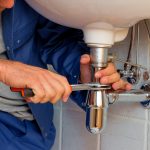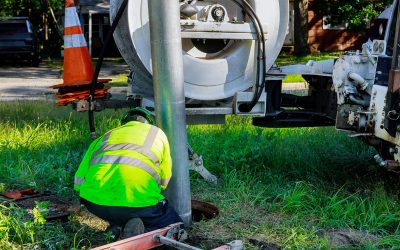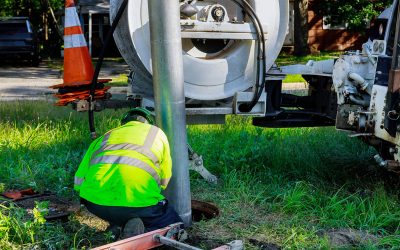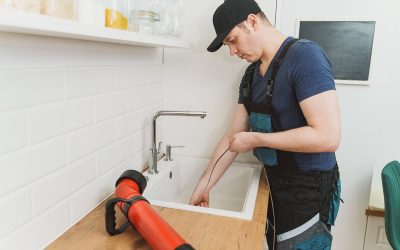A plumbing inspector is responsible for inspecting plumbing systems to make sure they conform to code; are safe, legal and that they have been installed by plumbers that are licensed by the state. The plumbing inspector is a licensed plumber himself. The government, usually state or local, is the largest employers of plumbing inspectors. In larger municipalities, the plumbing inspector is attached to the building department and it is a full time position. When plumbing in Baltimore is completed, the inspector is responsible for approving the work.
When new projects are in the process of being constructed, the plumbing inspector examines all the pipe work, sanitary drainage and appliances as they are installed. His job is to insure that the installations are done in accordance with the code and it is completely legal. The inspector has the right to ask the individuals actually doing the plumbing in Baltimore for their credentials. The plumbers doing this work must be licensed and the license must be current.
Some inspectors have a tendency to focus on residential work, whereas others are more attuned to major projects. Regardless of the size of the project, if the inspection fails, the plumbing company doing the work and the building owner will be cited for an infraction. The problems identifies by the inspector must be rectified before the certificate of completion is granted.
When major renovations to existing buildings are done, the inspector does periodic inspections during the renovation and a final inspection upon completion. This is actually very important when the structure is vintage or of historical significance. The original plumbing in the building will either have been completely replaced, or repaired with modern pipes and fittings.
If anyone suspects that an illegal discharge is being put in the city sewer system, it is the inspector of plumbing in Baltimore who is responsible to follow up the complaint. If, for example, it is thought that a restaurant is discharging its grease directly into the sewer, they can be cited and face sanctions.
Not every plumbing inspector works in the field. Major projects have the complete plumbing system detailed on the construction drawings and some inspectors are directed to working inside, reviewing and approving the plans. It is these approved plans that become the basis for the field inspector. In most cases, the plumbing, electrical and structural plans have to be approved by the appropriate individual prior to a building permit being granted. When the site inspections eventually take place, it is expected that the work will be done in accordance with the approved plans.
The primary goal of the inspector is to protect the public health. Plumbing in Baltimore is critical in bring fresh, potable water to a facility, and taking sewage from the facility to be processed.








